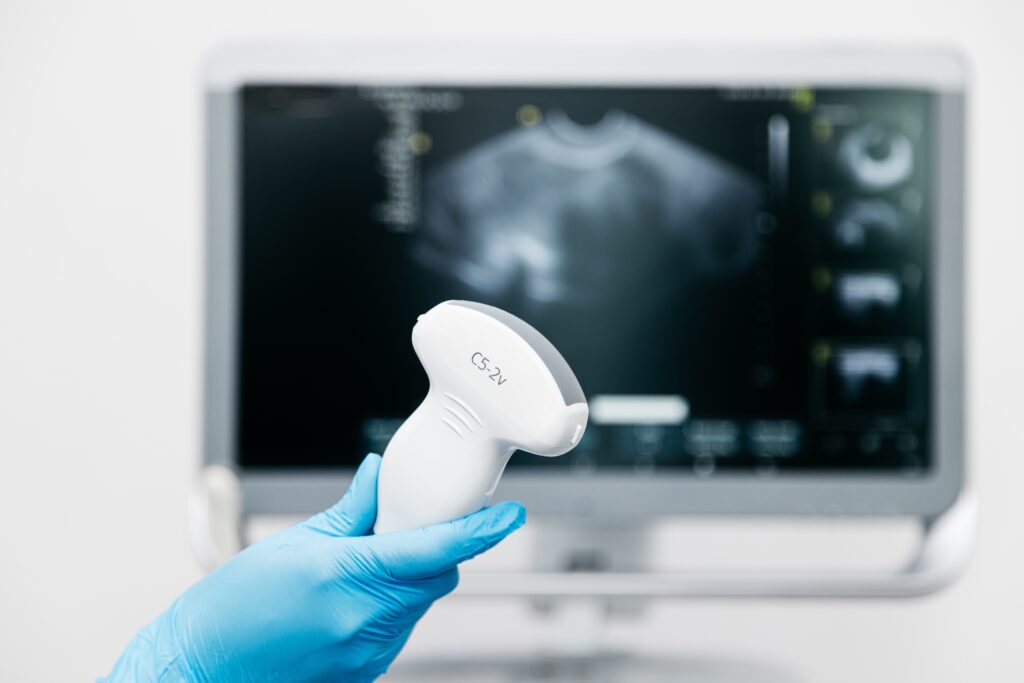A new ultrasound “helmet” could revolutionize the treatment of neurological conditions by offering a non-invasive alternative to deep brain stimulation (DBS), according to a study published in Nature Communications.
The device, developed by teams at Oxford University and University College London, uses 256 ultrasound sources inside an MRI scanner to deliver highly precise pulses to tiny brain regions. Unlike DBS, which requires implanting electrodes deep into the brain, the helmet can target areas as small as a grain of rice without surgery.
In initial trials with seven volunteers, researchers directed ultrasound to the lateral geniculate nucleus, a visual processing hub, and observed lasting effects in the visual cortex. Experts say the same approach could one day target motor regions in Parkinson’s patients to ease tremors.
Beyond Parkinson’s, the technology may also help with depression, Tourette syndrome, Alzheimer’s, addiction, and chronic pain. While more testing is needed, scientists believe the system could evolve into a practical clinical tool and, with AI integration, even allow at-home use in the future.


